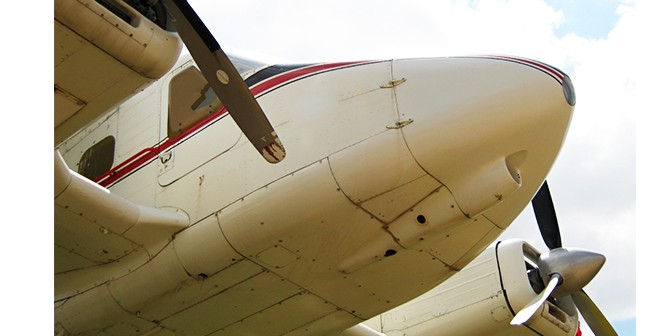If you’re planning on becoming an aircraft operator, you not only need to learn how to actually operate the aircraft, you also need to be well informed of aviation law. Just like any other occupation, you need to be able to follow the rules for your safety and the safety of others, so this isn’t a topic that you should take likely.
To get started, you may be wondering what aircraft operators really need to know about aviation law. If this is the case, continue reading for a short guide that will help clear some things up before you dive deeper into the law.
The Basics of Aviation Law
It’s important to begin with what aviation law actually is, since it can be unclear if you’re new to the world of aircraft operators and aviation in general.
Basically, the law covers just about every legal issue that would affect airport operations and aircrafts. These include aircraft maintenance and navigation, as well as pilot licensing rules and the safety of air traffic control.
Also, aviation law is mostly operated on the federal level. The Federal Aviation Administration, which is also referred to as the FAA, will enforce many of the standards and regulations within the law. On the other hand, things like passenger safety will be regulated by the Transportation Security Administration, also known as the TSA. And the National Transportation Safety Board, or NTSB, will investigate accidents and regulate safety.
As for international flights, those are governed by the laws of individual countries that flights pass through, as well as by international law.
You Need Aviation Insurance
To operate an aircraft, aviation law requires that you purchase insurance that will cover you in the event of an accident. Just be aware that you need to find out what various countries around the world require when it comes to minimum amounts of coverage in order to get what you need to be covered and safe.
How to Deal with Aviation Accidents
Aviation accidents can occur anywhere in the world, and even the most experienced aircraft operators could be involved in these accidents.
Some of the most common causes of aviation accidents include faulty equipment, design or structural problems, an error on the pilot’s part, violations of Federal Aviation Administration regulations, negligence of Federal Air Traffic Controllers and/or Flight Service Station employees, or negligence in the selection of a carrier by a third party.
In the event that you are involved in an aviation accident, contact aviation lawyers like those at Slack & Davis to help you navigate through the entire legal process. These experts will help you in every way they can so that you can rest easy knowing that you’ll achieve the best outcome for your particular situation.
As you can see, aviation law is quite complex, so if you plan on being an aircraft operator, you really need to study the law and understand all of the agencies that are involved in keeping both pilots and passengers safe in the sky.



